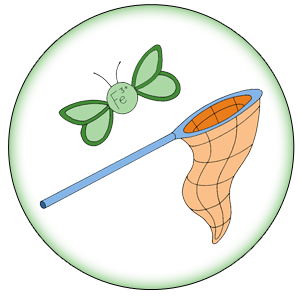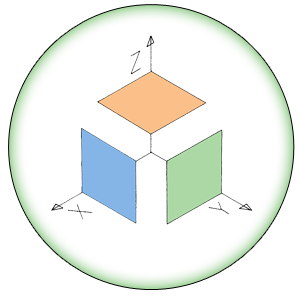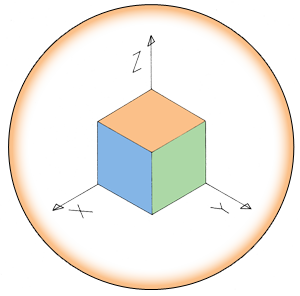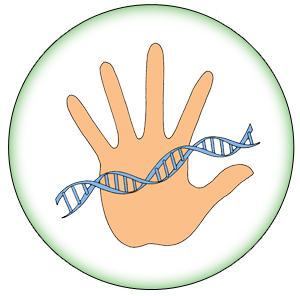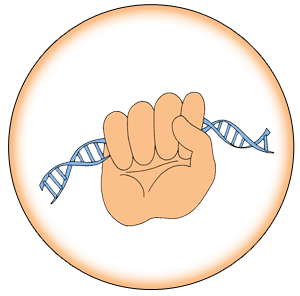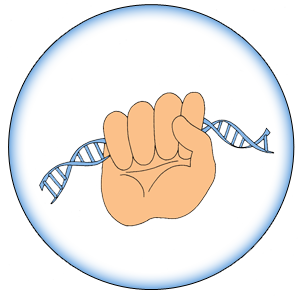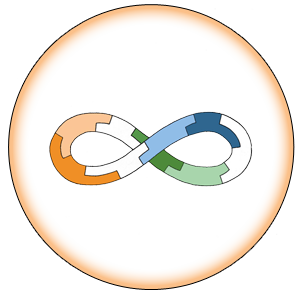Team:Edinburgh/GenBrick
From 2013.igem.org
| (11 intermediate revisions not shown) | |||
| Line 3: | Line 3: | ||
<div class='content'> | <div class='content'> | ||
| - | <h3> | + | <h3>GenBrick</h3> |
| - | '''iGEM is based around the idea of using standard parts from a library to generate new engineered biological systems. Currently iGEM mandates use of the BioBrick RFC10 standard for parts. RFC10 BioBricks are completely | + | '''iGEM is based around the idea of using standard parts from a library to generate new engineered biological systems. Currently iGEM mandates use of the BioBrick RFC10 standard for parts. RFC10 BioBricks are completely interchangeable; that is, any set of parts from the library can be assembled together in any order. However, BioBricks have to be joined together two at a time, usually with cloning and sequencing in between, so assembling large constructs can be quite tedious and slow.''' |
| - | Many iGEM teams have now turned to using alternative assembly methods such as Gibson assembly (isothermal assembly). Gibson | + | Many iGEM teams have now turned to using alternative assembly methods such as Gibson assembly (isothermal assembly) and Goldengate. The Gibson method can assemble up to ten parts in a single reaction with high accuracy and efficiency, thus saving a great deal of time. However, the order in which the parts assemble together is dictated by overlapping sequences at the ends, so generally parts have to be re-amplified by PCR to add new homology ends for each new assembly. This is opposed to the spirit of flexible composition of BioBricks. |
We have attempted to address this problem by developing GenBrick, a new method for rapid assembly of multiple BioBrick RFC10-compatible parts in a single reaction, with completely flexible part order, without recloning or reamplification as required by other multi-part assembly schemes. | We have attempted to address this problem by developing GenBrick, a new method for rapid assembly of multiple BioBrick RFC10-compatible parts in a single reaction, with completely flexible part order, without recloning or reamplification as required by other multi-part assembly schemes. | ||
| - | + | <h3> [https://static.igem.org/mediawiki/2013/8/88/BBF_RFC_98.pdf ''Accuracy, One-Step, Efficiency''] </h3> | |
| - | We hope that GenBrick will prove useful to future iGEM teams and be used as a new standard to assemble BioBricks. [https://static.igem.org/mediawiki/2013/8/88/BBF_RFC_98.pdf | + | We hope that GenBrick will prove useful to future iGEM teams and be used as a new standard to assemble BioBricks. [https://static.igem.org/mediawiki/2013/8/88/BBF_RFC_98.pdf Here] you can find the PDF version of the GenBrick RFC (RFC_98). |
| + | |||
| + | ''' ''Acknowledgements'' ''' | ||
| + | |||
| + | GenBrick is based on the proprietary [http://www.genabler.com Genabler assembly system]. For commercial uses, please contact Genabler. | ||
Latest revision as of 00:25, 5 October 2013
GenBrick
iGEM is based around the idea of using standard parts from a library to generate new engineered biological systems. Currently iGEM mandates use of the BioBrick RFC10 standard for parts. RFC10 BioBricks are completely interchangeable; that is, any set of parts from the library can be assembled together in any order. However, BioBricks have to be joined together two at a time, usually with cloning and sequencing in between, so assembling large constructs can be quite tedious and slow.
Many iGEM teams have now turned to using alternative assembly methods such as Gibson assembly (isothermal assembly) and Goldengate. The Gibson method can assemble up to ten parts in a single reaction with high accuracy and efficiency, thus saving a great deal of time. However, the order in which the parts assemble together is dictated by overlapping sequences at the ends, so generally parts have to be re-amplified by PCR to add new homology ends for each new assembly. This is opposed to the spirit of flexible composition of BioBricks.
We have attempted to address this problem by developing GenBrick, a new method for rapid assembly of multiple BioBrick RFC10-compatible parts in a single reaction, with completely flexible part order, without recloning or reamplification as required by other multi-part assembly schemes.
Accuracy, One-Step, Efficiency
We hope that GenBrick will prove useful to future iGEM teams and be used as a new standard to assemble BioBricks. Here you can find the PDF version of the GenBrick RFC (RFC_98).
Acknowledgements
GenBrick is based on the proprietary [http://www.genabler.com Genabler assembly system]. For commercial uses, please contact Genabler.

| 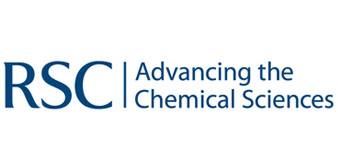
| | | | 
|
| This iGEM team has been funded by the MSD Scottish Life Sciences Fund. The opinions expressed by this iGEM team are those of the team members and do not necessarily represent those of MSD | |||||
 "
"







